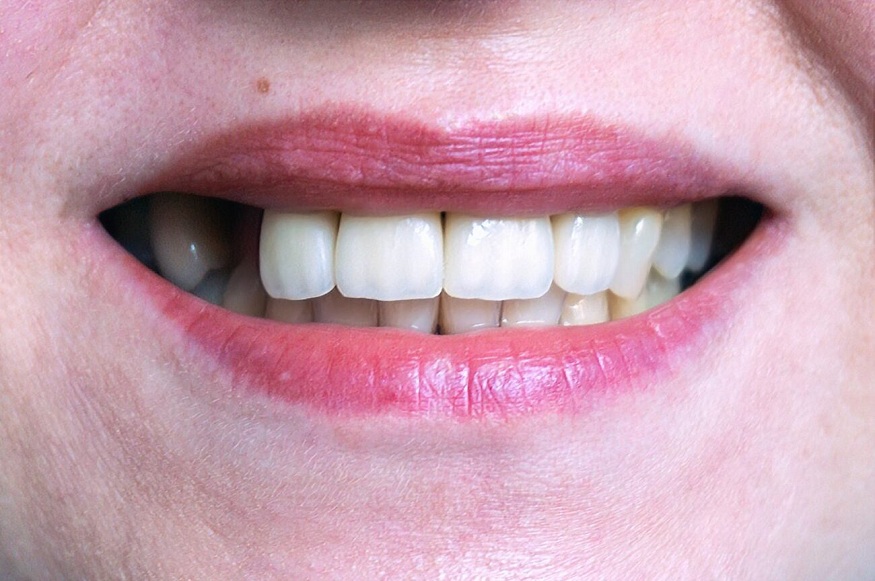Maintaining good oral health is a crucial aspect of overall well-being, and one of the most significant threats to a healthy smile is sugar consumption. At our dental practice in Powell, TN, we have seen firsthand the devastating effects of excessive sugar intake on our patients’ teeth and gums. Tooth loss, in particular, is a common consequence of poor sugar habits, and it can have far-reaching consequences for both oral and overall health.
In this article, we will explore the link between sugar consumption and tooth loss, and guide how to reduce your risk of this debilitating condition.
The Role of Sugar in Tooth Decay
Tooth decay, also known as dental caries, is the primary cause of tooth loss. It occurs when bacteria in the mouth break down food particles, particularly sugars, and produce acid. This acid dissolves the minerals in tooth enamel, creating cavities. If left untreated, these cavities can progress, leading to tooth loss.
Sugar is a primary source of energy for the bacteria that cause tooth decay. When we consume sugary foods and drinks, the bacteria in our mouths feed on the sugars, producing acid and increasing the risk of tooth decay.
The Science Behind Sugar Consumption and Tooth Loss
Numerous studies have investigated the link between sugar consumption and tooth loss.
- A 2014 systematic review published in the Journal of Dental Research found that high sugar intake was significantly associated with an increased risk of tooth decay and tooth loss.
- Another study published in the Journal of Public Health Dentistry in 2017 found that adults who consumed high amounts of sugar were more likely to experience tooth loss than those who consumed lower amounts of sugar.
The World Health Organization (WHO) recommends that adults limit their daily sugar intake to less than 10% of their total energy intake. However, many people exceed this recommendation, increasing their risk of tooth decay and tooth loss.
The Impact of Sugar Consumption on Oral Health
Sugar consumption not only contributes to tooth decay and tooth loss but also has other negative effects on oral health. For example:
- Gingivitis and periodontitis: Sugar consumption can lead to inflammation of the gums (gingivitis) and periodontal disease (periodontitis), which can cause tooth loss.
- Dry mouth: Consuming high amounts of sugar can lead to dry mouth (xerostomia), which can increase the risk of tooth decay and tooth loss.
- Oral cancer: Some studies suggest that high sugar intake may increase the risk of oral cancer.
Reducing Sugar Consumption to Prevent Tooth Loss
To prevent tooth loss and promote good oral health, it is essential to reduce sugar consumption. Here are some tips to help you reduce your sugar intake:
- Read food labels: Check the ingredient list and nutrition label to identify added sugars.
- Choose natural sources of sugar: Focus on whole, unprocessed foods like fruits, vegetables, and dairy products, which contain natural sugars.
- Limit sugary drinks: Avoid or limit sugary drinks like soda, sports drinks, and sweet tea or coffee.
- Cook at home: Preparing meals at home allows you to control the amount of sugar that goes into your food.
- Seek professional help: If you’re struggling to reduce your sugar intake, consult with a registered dietitian or a healthcare professional for guidance.
Takeaway
Sugar consumption is a significant risk factor for tooth loss. The scientific evidence is clear: high sugar intake increases the risk of tooth decay, gingivitis, and periodontitis, all of which can lead to tooth loss. By reducing sugar consumption and promoting good oral hygiene practices, individuals can significantly reduce their risk of tooth loss and maintain good oral health.

